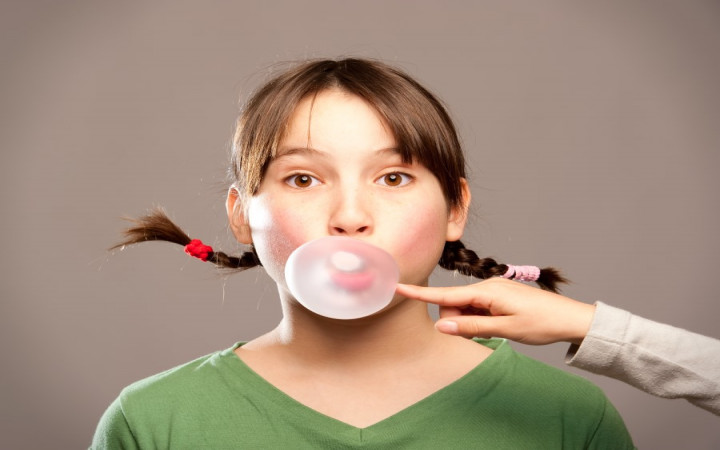Have you ever flown in an airplane? What about climbing a mountain? Or diving to the depths of the sea? Did you know that all these things have something in common? They all involve changes in altitude that can create a painful clogged feeling in your ears.
When this feeling occurs, it's rather uncomfortable until you can get your ears to “pop." When that happens, they return to feeling normal. Even if you've never flown in an airplane, climbed a mountain, or dove to the bottom of the sea, you may have experienced this feeling if you've taken an elevator to the top floor of a tall building or driven in a car through high mountains.
Scientists actually have a name for that painful feeling your get in your ears in these situations. It's called ear barotrauma or barotitus media, and it's caused by sudden changes in air pressure.
Normally, the air pressure inside your ear drum is the same as it is outside your eardrum. Your middle ear works constantly to make sure there's a balance between the amount of air pressure inside and outside the ear.
When there are sudden changes in air pressure, however, it can take the middle ear a little time to adjust the air pressure inside the ear. When there's a difference between the air pressure outside the ear and inside the ear, this difference in pressure causes an uncomfortable feeling that you may perceive as your ears being clogged.
When this happens, the pressure can be normalized again by popping open the Eustachian tube that leads to the middle ear. When your ears “pop" in this way, the pressure difference equalizes and relieves the uncomfortable feeling.
Sometimes your ears will pop on their own, as the middle ear works to normalize the pressure difference. At other times, though, the feeling resulting from the pressure difference is so uncomfortable that you may want to do something to get your ears to pop right away.
Anyone who has ever traveled on an airplane knows that one of the tried and true tricks of the trade when it comes to flying is to chew gum to prevent your ears from becoming clogged. But why does chewing gum help to pop your ears?
While some people believe that it's the chewing motion that works your jaws in a way that makes your ears pop, it's actually the fact that the chewing motion encourages saliva production and therefore swallowing.
The act of swallowing forces the Eustachian tube to open, which in turn makes your ears pop. That's why other tried and true methods of getting your ears to pop include drinking water and sucking on hard candy. Yawning can also stretch your head muscles enough to make your ears pop.
If you have a cold, it may be harder than usual to get your ears to pop. This is because swollen mucous membranes in your nose and ears can make it harder to equalize the pressure in the middle ear. When you have a cold, a nasal decongestant can help to shrink those mucous membranes, thus allowing your ears to pop more easily.




